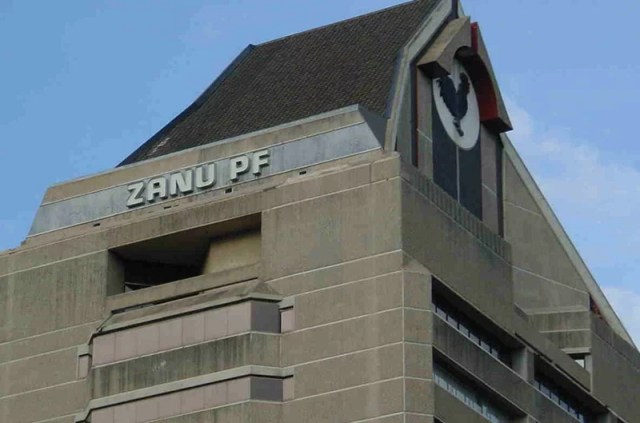MNANGAGWA’S BIG SPENDING TO IMPRESS SADC LEADERS

President Emmerson Mnangagwa of Zimbabwe is spending big on improving Harare ahead of a key event. This August, Zimbabwe will host the annual Southern African Development Community (SADC) summit, and the government is busy fixing roads and building new, luxurious villas in the capital. This is a huge event for the region, and Mnangagwa wants to make sure that Zimbabwe impresses its guests. The summit will likely take place at the new Parliament Building in Mount Hampden or at the Hyatt Regency Harare, a famous hotel that was once called The Meikles.
This big effort to fix up Harare comes after a time of political trouble for Mnangagwa. Last year, he won the elections, but many SADC leaders said they did not trust the results. This made things difficult for him as president, both in Zimbabwe and internationally. Now, Mnangagwa hopes that hosting this big event will help him gain back some respect and support.
Mnangagwa’s focus on international events like this one is something many other African leaders do too. They often spend large amounts of money on flashy projects that look good to the world but forget the problems their own people face at home. Leaders want to show the world that their country is doing well, even if many people at home are still struggling. This is done to gain political respect and to make the country seem more important on the global stage.
In Zimbabwe, this is very clear. Mnangagwa’s government is working hard on these expensive projects to make the country look better for the SADC summit, but many of the most important problems Zimbabweans face are being ignored. The roads in the capital might be fixed, but in many parts of the country, basic services like healthcare, schools, and clean water are in bad shape.
Many people believe that this focus on big, expensive projects is a mistake. They feel that the government is not spending money where it is really needed. People want their everyday problems solved, like getting jobs, being able to afford food, and having access to good hospitals. Instead, they see the government spending money on things that only a few rich people or foreign guests will benefit from.
Critics also say that these projects are just a way for the government to cover up the real problems in Zimbabwe. The new roads and buildings are only there to make the country look good on the outside, but underneath, things are not as good as they seem. For most people in Zimbabwe, life is still hard, with many struggling to find work and dealing with rising prices of basic goods.
Hosting international events like the SADC summit can bring attention to a country, but if the problems of the people are not fixed, the benefits do not last. The new buildings and roads may look good for a short time, but they do not solve the bigger issues that Zimbabweans face every day. High unemployment, inflation, and poor services in health and education continue to be major concerns for the people.
Zimbabwe’s current situation shows how difficult it can be when a government puts more focus on impressing the world than on solving its own problems. Many Zimbabweans feel that their government cares more about how the country looks to the world than how it feels to live in it. They want their leaders to focus on things that will improve their lives, not just projects that make the country look better on the outside.
As the SADC summit approaches, all eyes are on Mnangagwa. Will hosting this event help him regain respect from other African leaders, or will it simply show how much the government is out of touch with the people? Zimbabweans hope that after all the money spent, the government will also start to focus on the things that really matter to them.
The true measure of a leader is not how much they spend on fancy projects but how well they take care of their people. Hopefully, after the SADC summit, the government will realize that real progress comes from taking care of its citizens, not just impressing foreign leaders. Zimbabwe needs a government that listens to its people and solves the problems they face every day.

